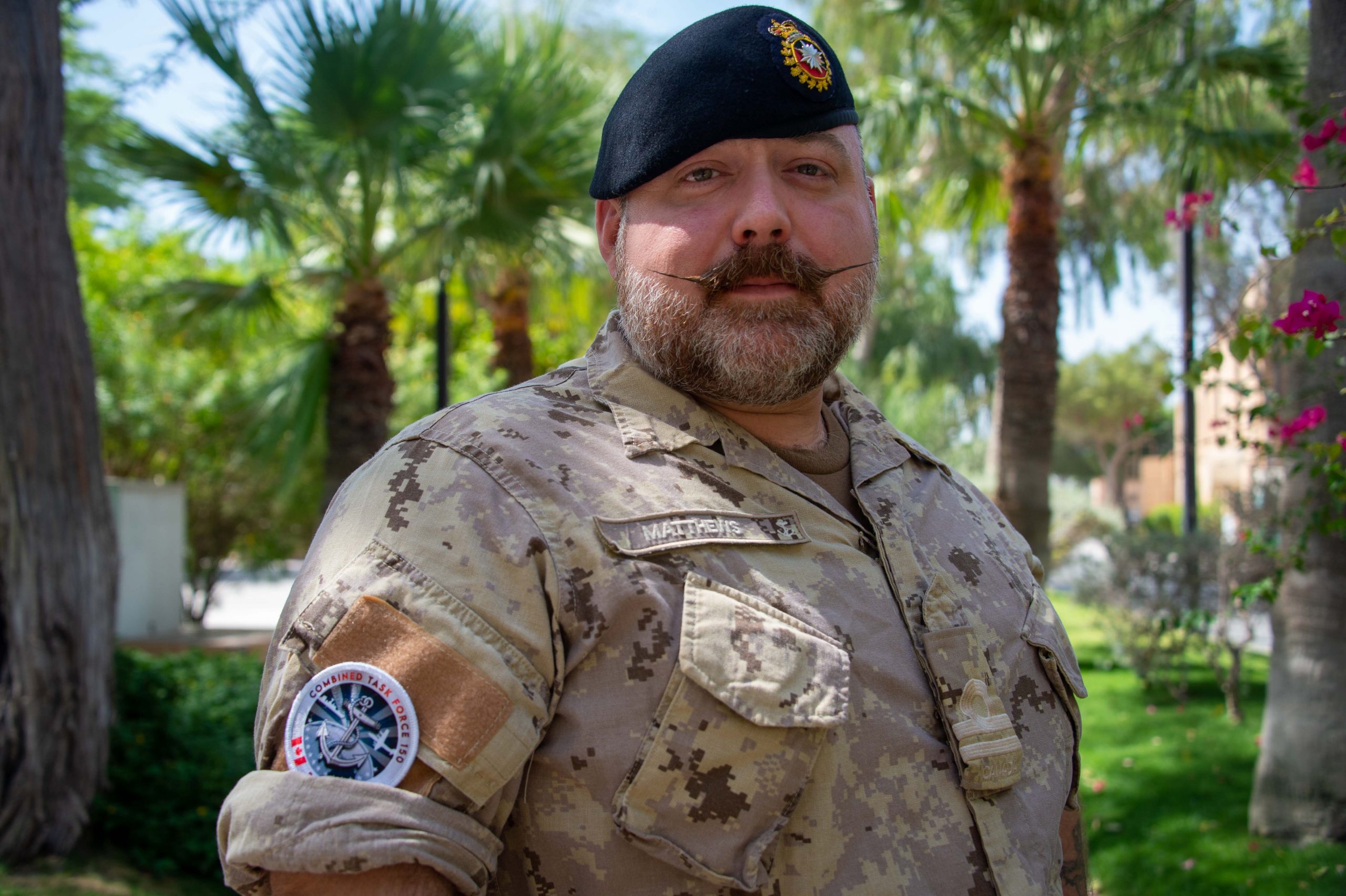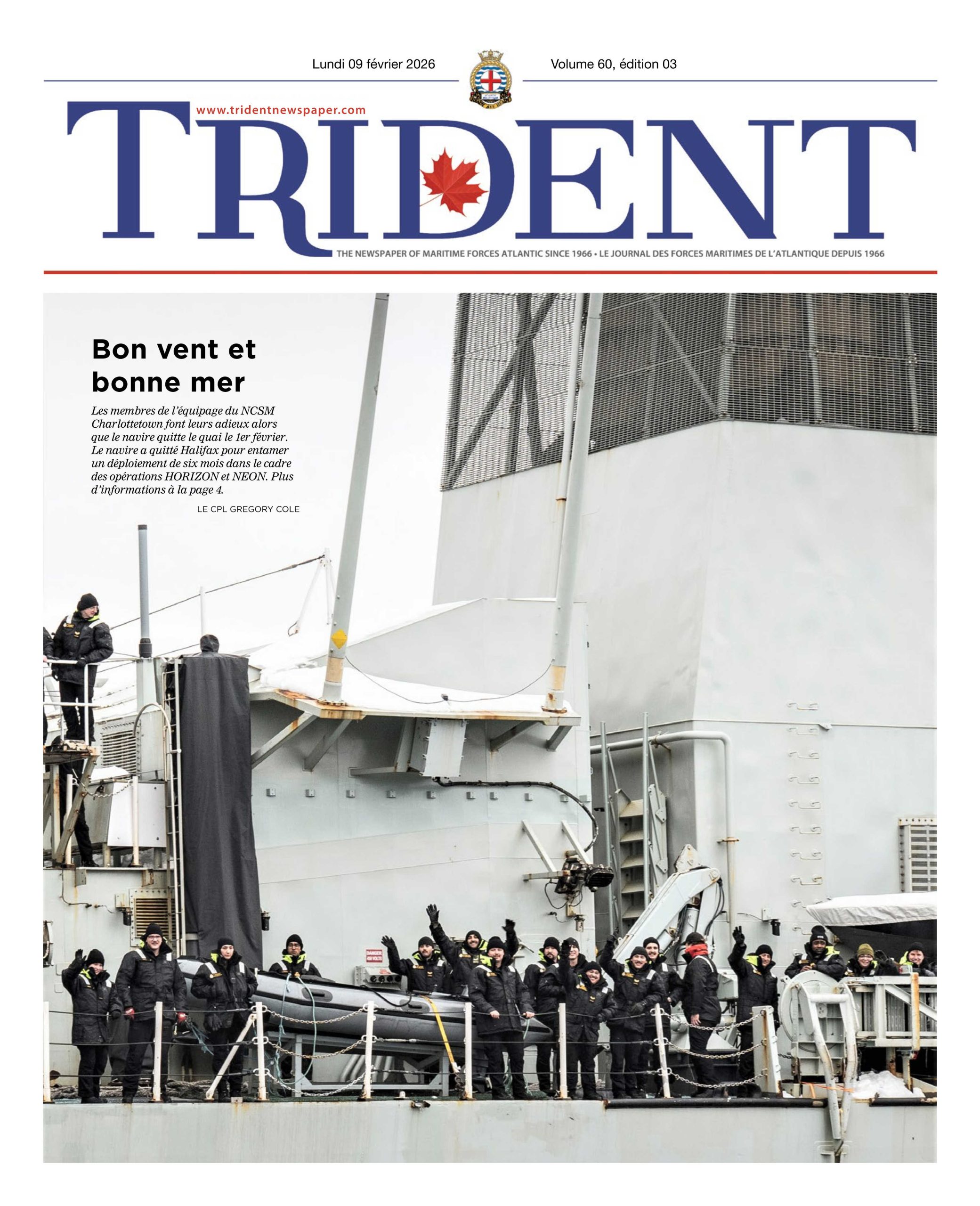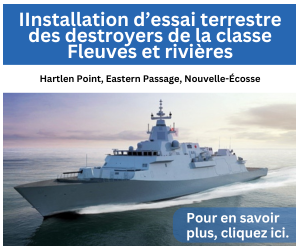
SOUMIS
Sailor Profile: Meet Lieutenant(Navy) Devin Matthews
By RCN PA
A native of Miramichi, N.B., Lieutenant(Navy) (Lt(N)) Devin Matthews joined the Royal Canadian Navy (RCN) 21 years ago. Today, he serves as the Deputy Head of Intelligence for Combined Task Force 150, based in Bahrain.
“It’s difficult to pinpoint just one reason I joined the RCN,” he says. “I grew up in the Cadet organization and those experiences definitely informed my decision. I knew there were fantastic opportunities in the Canadian Armed Forces, and as a young man from rural Northern New Brunswick, joining the RCN was not only an opportunity to experience the greater world, but to do so with a purpose greater than myself. Like most young people I wanted an opportunity to prove my own mettle, and to seek out adventure – and the past 21 years certainly did not disappoint.”
For Lt(N) Matthews, his job is very important. However, he hesitates to call it a job.
“I truly believe that being an officer in the Canadian Armed Forces is neither a job nor a career; in most regards it is a vocation,” he says. “The line between myself and my vocation is extremely blurred, it is such a large part of who and what I am.”
The intelligence officer also notes that in his profession, personnel must continually analyze not only the events going on around them, but also themselves.
“That’s instrumental so that you don’t let your own biases and preconceived notions interfere with your analysis,” he says. “In this fast changing, technologically driven world, intelligence is more and more critical for the safety of Canadians, and the well-being of our nation, and I take a lot of pride in my humble contribution to that.”
His 21 years in the RCN have also brought with them a number of challenges, the greatest one being his 13 years in the Canadian Submarine Force.
“Life in a submarine is extremely spartan and demanding work, although also very rewarding,” he says. “Aside from the complex professional challenge of operating in the submarine environment, there is an immeasurable strain on you both mentally and physically.”
However, the tight bond found in the submarine community helped him overcome the challenges, as did his wife and family.
“Any perceived strength of character during that part of my career was drawn directly from them. Submariners are remarkable creatures — such a combination of technical prowess, understated professionalism and pure roguish individualism. I would not have succeeded as far as I did in submarines if it were not for the encouragement of my fellow sailors and the immeasurable patience of my wife.”
For Lt(N) Matthews, the best part of service in the RCN is a combination of the experiences lived and the people.
“Both are eye opening, both will surprise you, and both will be memorable.”
Although pinpointing just one memorable experience is difficult, Lt(N) Matthews recalls a particularly formative event that took place in May 2005, during a little-known operation called Op Donegal.
Lt(N) Matthews was a bridge watch-keeper aboard HMCS St. John’s when the ship interdicted a fishing boat returning to Canada with a hold full of narcotics picked up from North Africa. During the interdiction he was the Special Sea Duty Officer of the Watch, however there was some unforeseen operational requirements which required St. John’s to depart the area, and have the interdicted vessel navigate independently from northern Newfoundland to the city of St. John’s. The St. John’s commanding officer turned to Lt(N) Matthews and told him that he’d be proceeding to the vessel as prize crew.
“And so 30 minutes later, I was in the wheelhouse of a fishing boat with six tonnes of drugs in the hold, making my way covertly through the North Atlantic fog,” he says. “For twenty-something me, it was the culmination of everything I joined the Navy for – it was from the pages of a Hornblower or Jack Aubrey novel – and I knew I had found my calling.”
Lt(N) Matthews keeps busy with unique hobbies in his spare time, dabbling in military firearm restoration, drawing and calligraphy. He also studies tailoring, particularly military highland dress, and hand-makes kilts, tartan trews, waistcoats and coatees.
For those considering a career in the RCN, Lt(N) Matthews advises to just jump in with both feet.
“There is such a variety of opportunities, both professionally and personally, in the CAF that it is impossible to predict where you will be, what you will be doing in 20 years’ time. You could be at 100 metres in the belly of a submarine in the North Atlantic, or you could be standing in the desert in the Middle East, however, you won’t know until you walk into the recruiting office and put your signature on a piece of paper.”
“And then hold on tight.”






